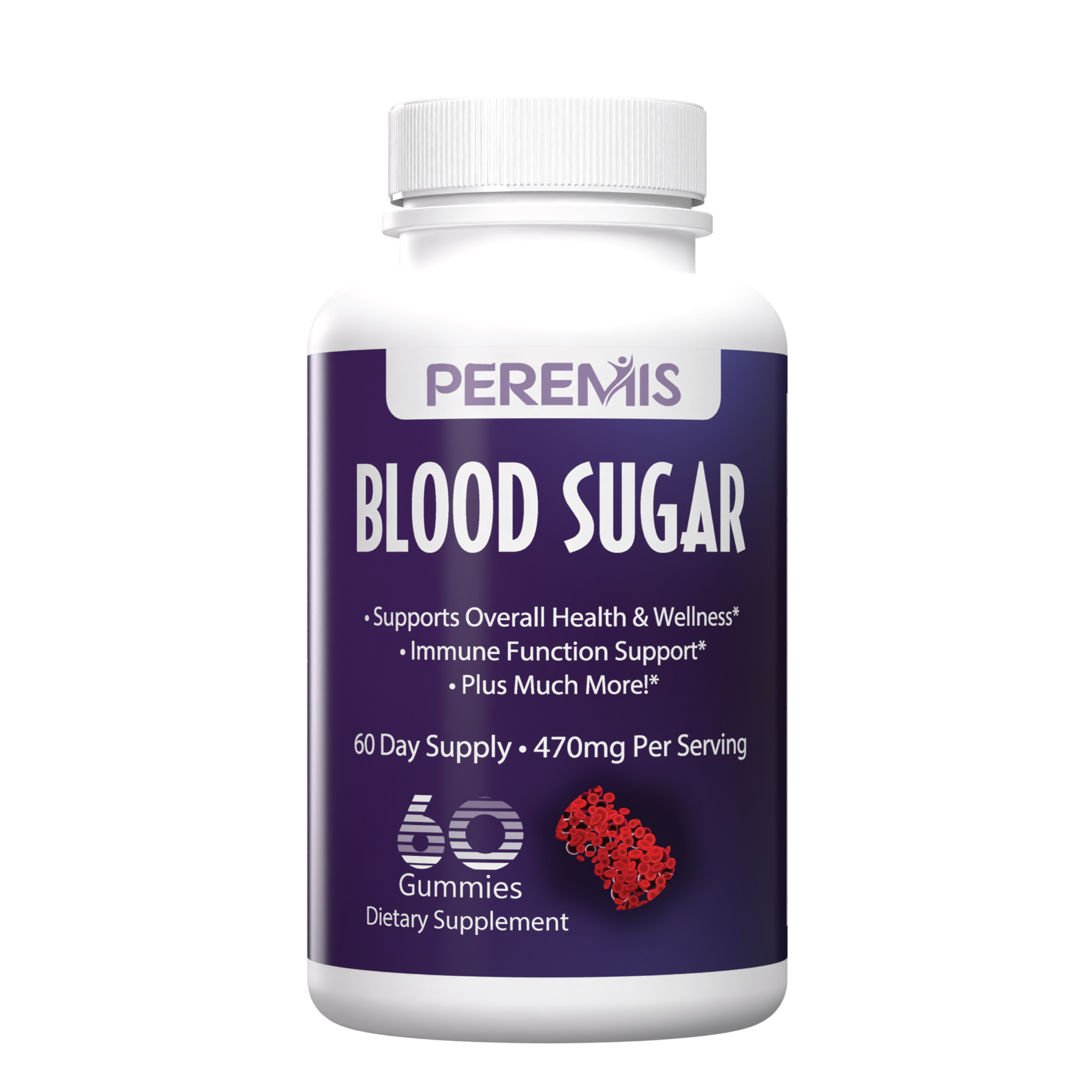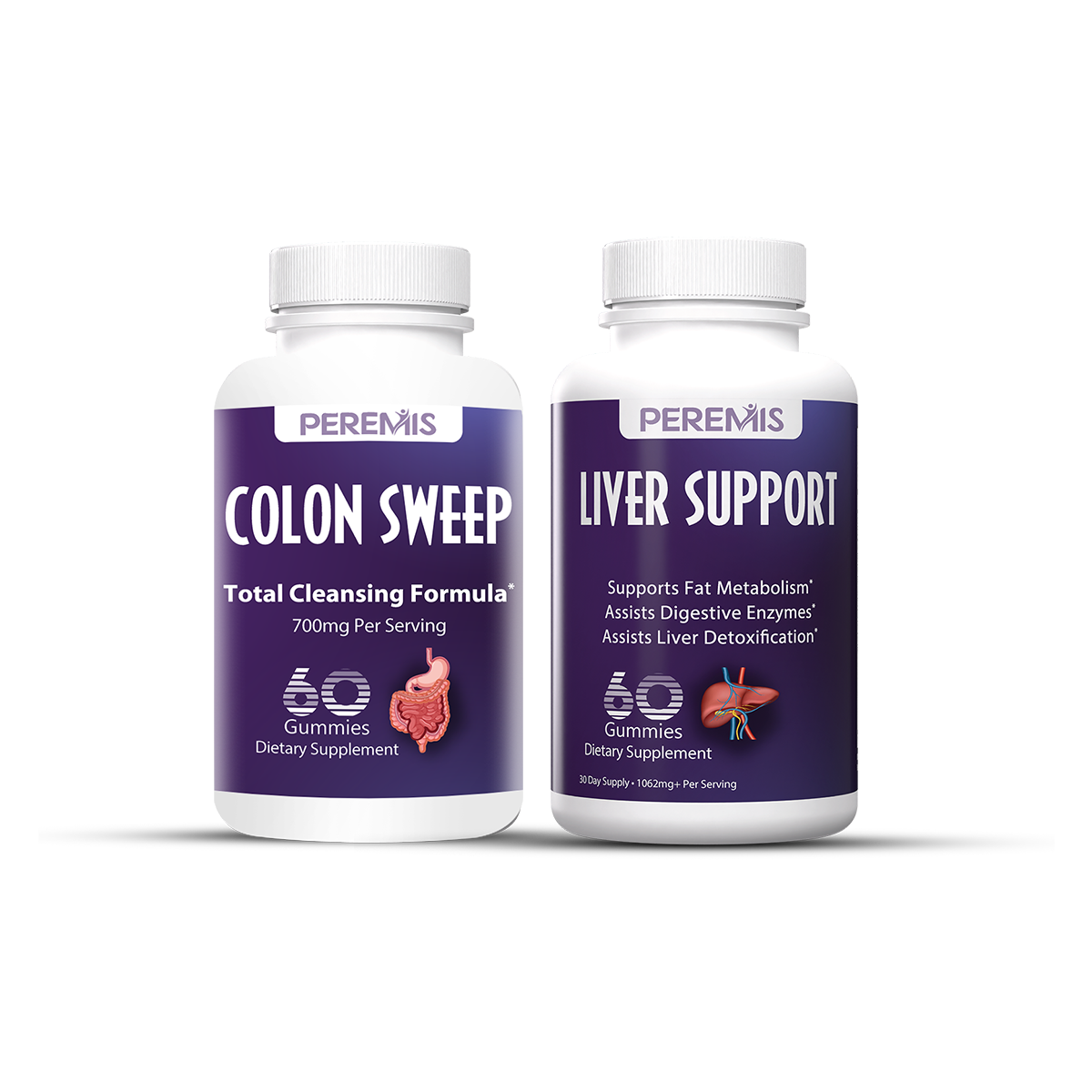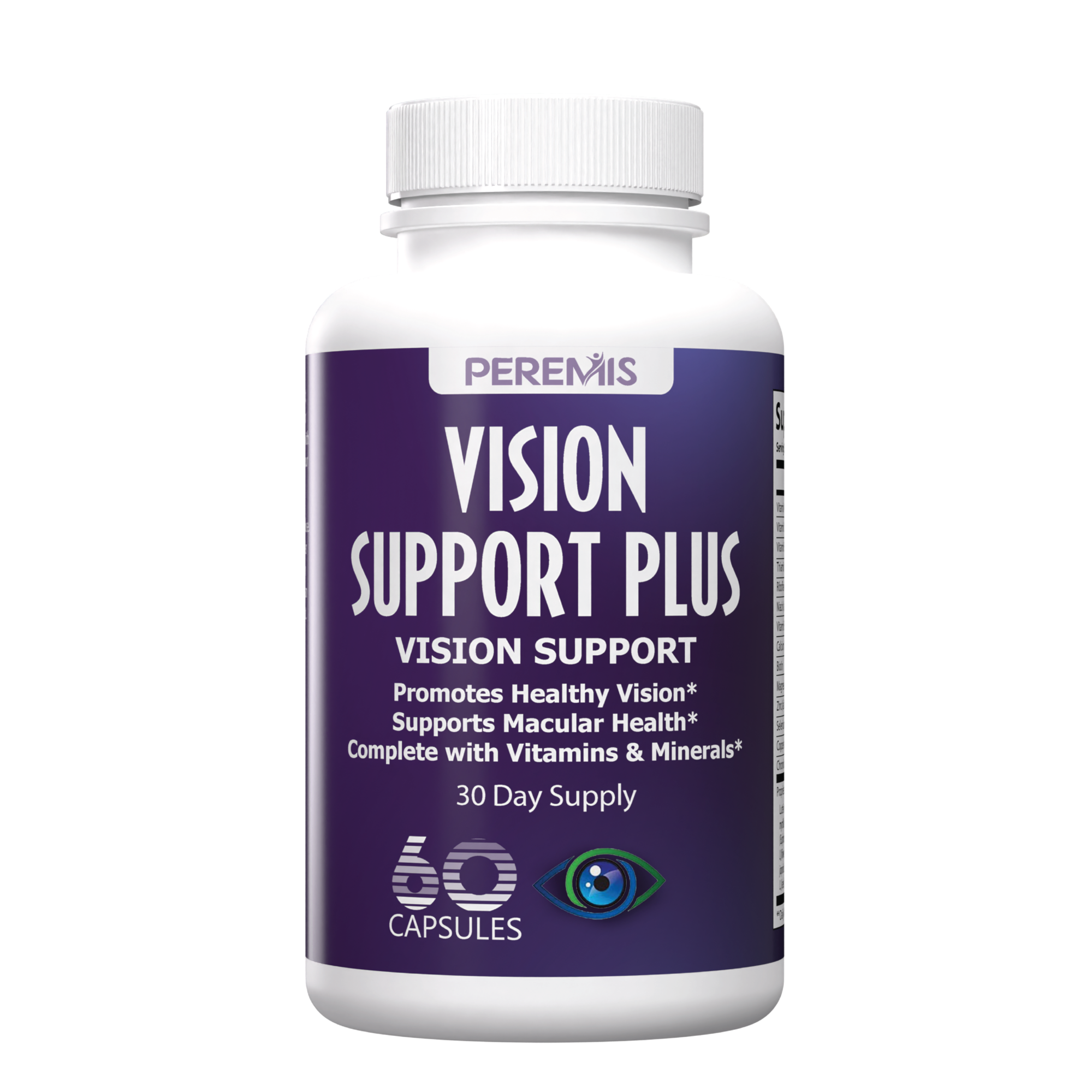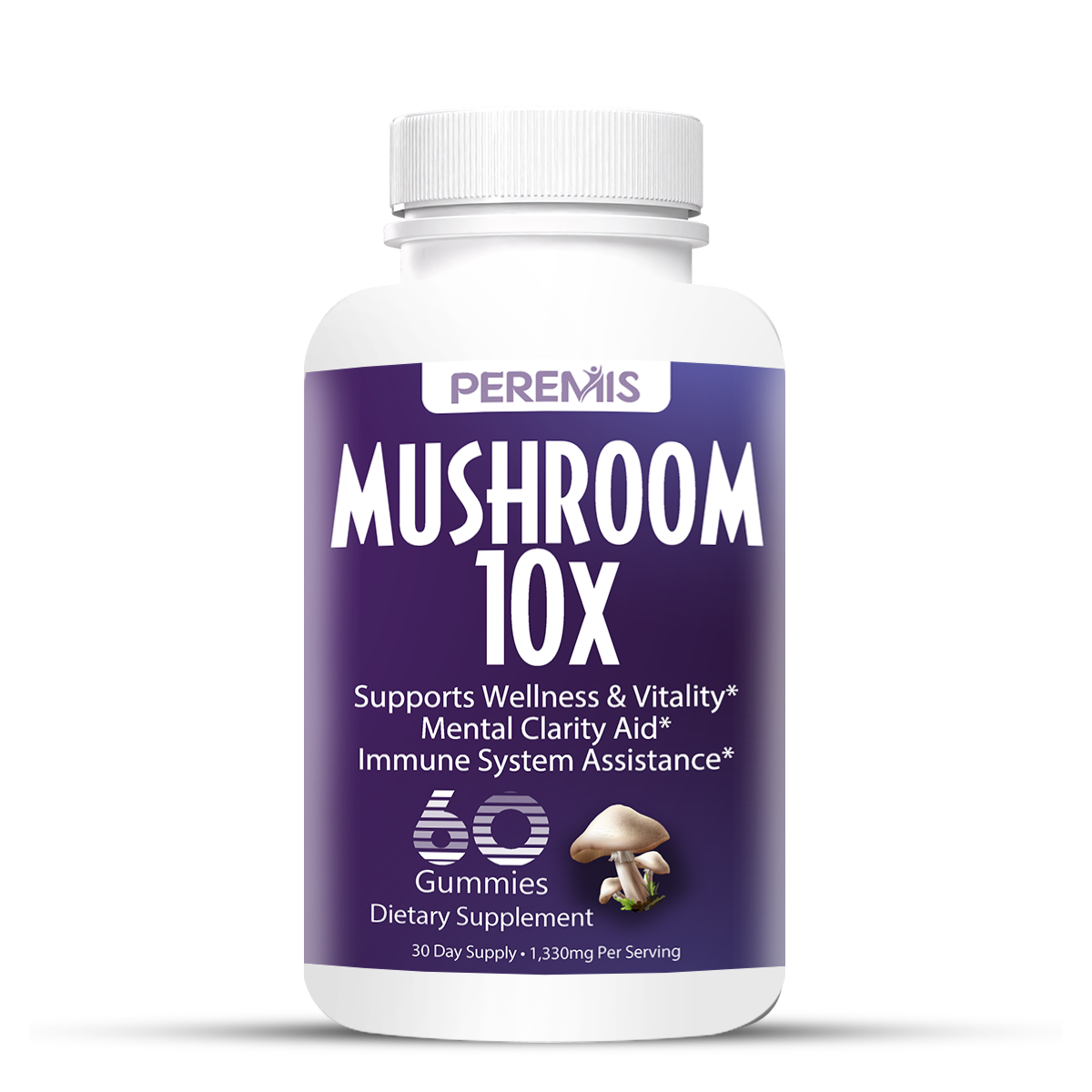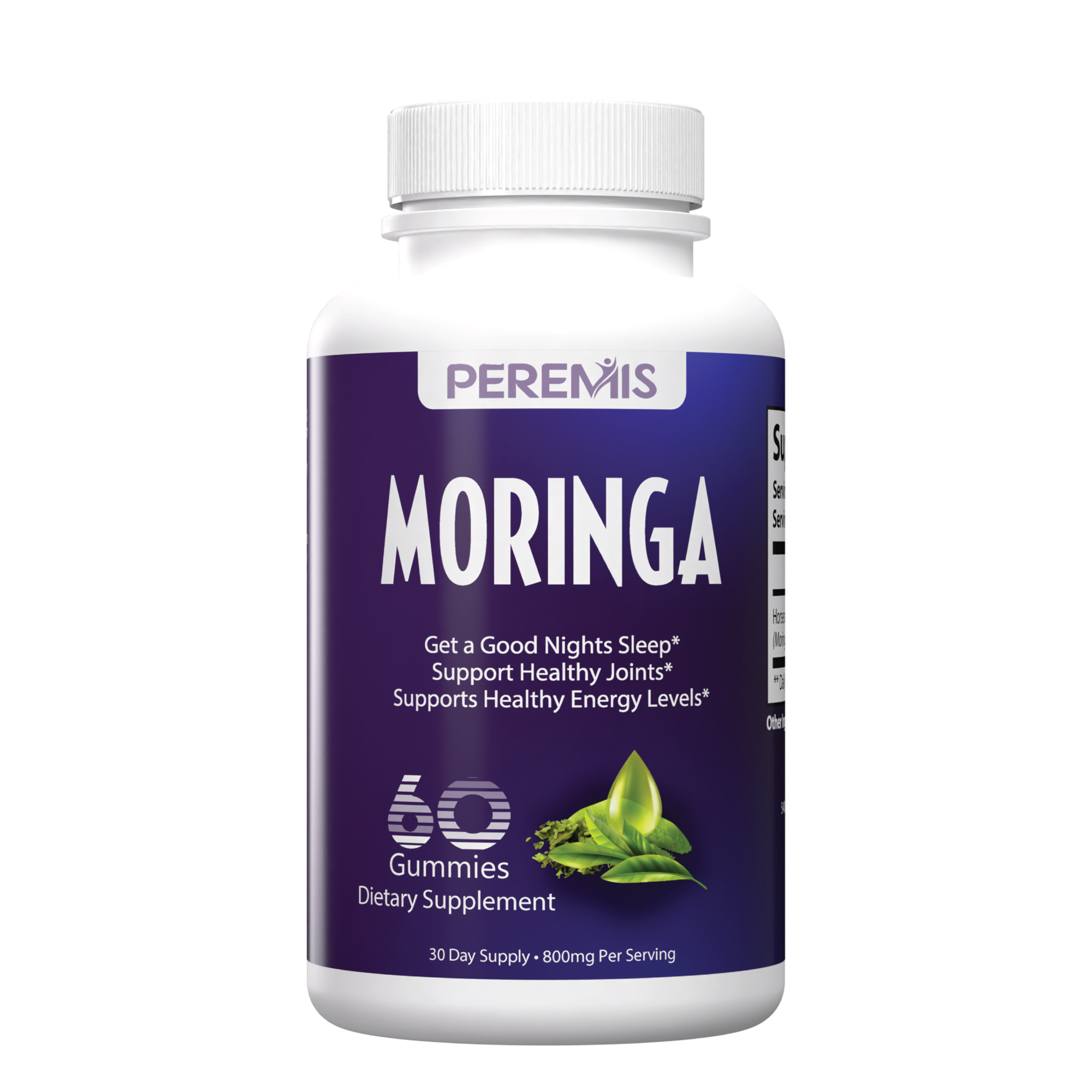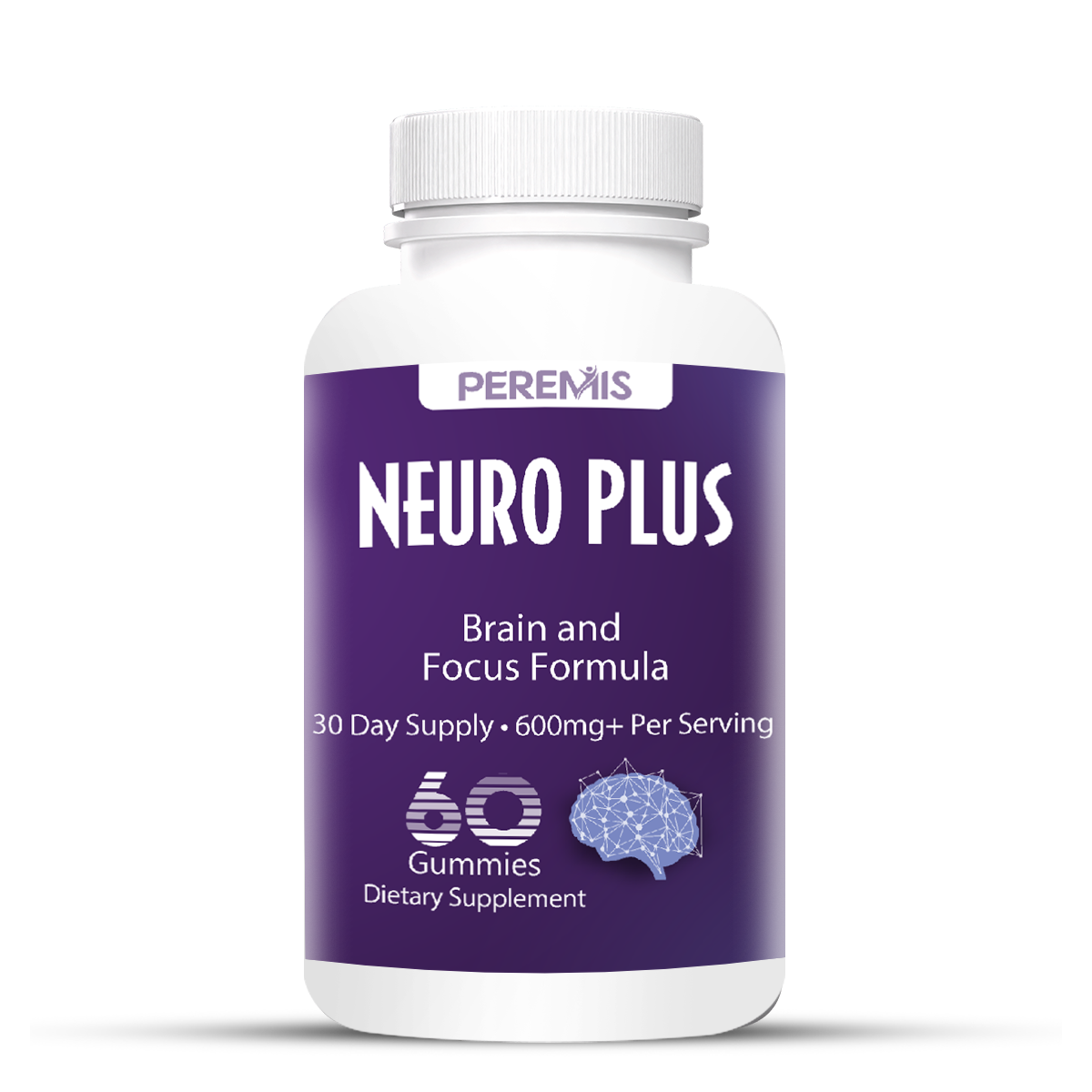Vitamins are the essential micronutrients that play a crucial role in maintaining our overall health and well-being. From bolstering our immune system to supporting bone strength, vitamins are the unsung heroes working behind the scenes to keep our bodies functioning optimally.
Among these, Vitamin D3 and K2 are garnering increasing attention due to their unique and interconnected contributions to our health. While many vitamins have their own spotlight moments, the combination of D3 and K2 has emerged as a dynamic duo, showcasing a remarkable synergy that enhances their individual benefits.
In this blog post, we'll delve into the world of Vitamin D3 and K2, uncovering the remarkable ways in which they contribute to our health. We'll explore the specific advantages each vitamin brings, their natural sources, and how they interact to create a harmonious balance within our bodies. By the end of this post, you'll have a comprehensive understanding of why these vitamins are gaining traction in the wellness realm and how you can harness their power to thrive. So, let's embark on this enlightening journey to unravel the secrets behind the dynamic alliance of Vitamin D3 and K2.
Understanding Vitamin D3 and K2
Defining Vitamin D3 and K2 : Vitamin D3, also known as cholecalciferol, is a fat-soluble vitamin that is synthesized in the skin upon exposure to sunlight or obtained from certain dietary sources. It plays a pivotal role in regulating calcium absorption in the intestines, promoting healthy bone development, supporting immune function, and contributing to overall cell health.
Vitamin K2, a lesser-known fat-soluble vitamin, exists in several forms (MK-4 to MK-14). It is essential for proper blood clotting and is responsible for directing calcium away from arteries and soft tissues, guiding it toward bones and teeth for enhanced skeletal health.
Fat-Soluble vs. Water-Soluble Vitamins : Fat-soluble vitamins (A, D, E, K) are stored in the body's fatty tissues and liver, allowing for a longer duration of action and effects. They require dietary fats for absorption and are not as readily excreted, potentially leading to toxicity if taken in excess. Water-soluble vitamins (C, B-complex vitamins) dissolve in water and are not stored in large amounts; excess amounts are usually eliminated through urine.
Synergistic Action of Vitamin D3 and K2 : The interaction between Vitamin D3 and K2 is a prime example of nutritional synergy. While Vitamin D3 facilitates calcium absorption, Vitamin K2 ensures that the absorbed calcium is properly directed to bones and teeth while preventing its deposition in arteries or soft tissues. This collaborative effort reduces the risk of calcification in blood vessels, promoting cardiovascular health and preventing complications like arterial plaque buildup.
Furthermore, Vitamin D3's immune-modulating effects, coupled with Vitamin K2's role in maintaining healthy bones, contribute to an intricate web of functions that affect various systems within the body. Their combined actions extend beyond bone health and impact cardiovascular wellness, immune resilience, and overall vitality.
By working together, Vitamin D3 and K2 create a harmonious equilibrium that optimizes multiple bodily functions, ensuring that each vitamin's benefits are maximized while minimizing potential drawbacks. Understanding this synergistic partnership is vital to appreciating the holistic benefits these vitamins offer.
Benefits of Vitamin D3 and K2
Individual Benefits of Vitamin D3
Supporting Bone Health: Vitamin D3 plays a pivotal role in maintaining bone health by regulating calcium absorption from the intestines. It promotes the mineralization of bones and teeth, preventing conditions like osteoporosis and rickets.
Boosting Immune System Function: Vitamin D3 acts as an immune system modulator, assisting in the production of antimicrobial peptides that defend the body against infections. It helps regulate the immune response and may contribute to reducing the risk of autoimmune diseases.
Mood Regulation : Emerging research suggests that Vitamin D3 might play a role in mood regulation. Adequate levels have been associated with a lower risk of depression and seasonal affective disorder (SAD).
Unique Benefits of Vitamin K2
Promoting Healthy Bones : Vitamin K2's primary role is directing calcium to where it's needed most: bones and teeth. It activates proteins that regulate calcium, ensuring it's deposited in bone tissues and contributing to bone density and strength.
Cardiovascular Health : Vitamin K2's ability to prevent calcium buildup in arteries helps maintain the flexibility and health of blood vessels. This reduces the risk of arterial calcification, lowering the potential for heart disease and strokes.
Enhanced Health Benefits Through Combined Action :
The interplay between Vitamin D3 and K2 amplifies their individual benefits, leading to enhanced overall health:
- Bone Health Synergy: While Vitamin D3 enhances calcium absorption, Vitamin K2 ensures calcium is properly utilized for bone mineralization, leading to stronger bones and reduced fracture risk.
- Cardiovascular Wellness: Vitamin D3's regulation of immune function, coupled with Vitamin K2's prevention of arterial calcification, supports heart health by reducing inflammation and promoting proper blood vessel function.
- Immune Resilience: Vitamin D3's immune-modulating effects, combined with Vitamin K2's influence on immune cell differentiation, contribute to a robust and balanced immune response.
- Optimized Calcium Management: The combined action of both vitamins ensures that calcium is channeled appropriately, avoiding calcification in arteries and soft tissues, thus reducing the risk of heart disease and kidney stones.
By harnessing the strengths of both Vitamin D3 and K2, individuals can enjoy a holistic approach to health that extends beyond isolated benefits. This synergy exemplifies the interconnectedness of vitamins in promoting overall well-being.
Sources of Vitamin D3:
-
Sunlight Exposure: The skin can synthesize Vitamin D3 when exposed to sunlight, specifically UVB rays. Spending about 10-15 minutes in the sun a few times a week can help the body produce Vitamin D3.
-
Fatty Fish: Oily fish like salmon, mackerel, sardines, and trout are rich sources of Vitamin D3.
-
Egg Yolks: Egg yolks contain small amounts of Vitamin D3. The level may vary depending on the diet of the chickens.
-
Fortified Foods: Many dairy products, plant-based milk alternatives, and cereals are fortified with Vitamin D3 to help people meet their daily requirements.
Sources of Vitamin K2:
-
Fermented Foods: Natto,a Japanese dish made from fermented soybeans, is one of the best sources of Vitamin K2, particularly the subtype called menaquinone-7 (MK-7).
-
Cheese: Certain types of cheese, such as Gouda and Brie, contain moderate amounts of Vitamin K2.
-
Meats: Meats like liver and other organ meats, as well as ground beef and dark poultry meat, contain varying levels of Vitamin K2.
Challenges of Obtaining Sufficient Amounts:
Vitamin D3:
-
Limited Sun Exposure: Modern lifestyles often involve spending a significant amount of time indoors, which can reduce exposure to sunlight and inhibit Vitamin D3 synthesis.
-
Geographical Location: People living in northern latitudes with less intense sunlight during certain parts of the year may struggle to get enough Vitamin D3 from sunlight alone.
-
Sunscreen Use: While sunscreen is essential for protecting against skin damage, it can also block UVB rays required for Vitamin D3 synthesis.
Vitamin K2:
-
Dietary Preferences: Some individuals might not consume the foods rich in Vitamin K2, such as natto or organ meats, due to personal preferences, dietary restrictions, or cultural reasons.
-
Limited Fermented Food Consumption: Fermented foods like natto might not be widely available or commonly consumed in certain regions.
Interaction Between Vitamin D3 and K2:
Vitamin D3 and K2 work synergistically in the body to support various physiological functions, particularly in relation to calcium regulation. Vitamin D3 helps increase the absorption of calcium from the digestive tract and promotes its entry into the bloodstream. Vitamin K2, on the other hand, plays a key role in directing calcium to the right places in the body, such as bones and teeth, while preventing its accumulation in soft tissues.
Vitamin K2's Role in Calcium Regulation:
Vitamin K2 activates proteins called "calcium-regulating proteins" or "Gla-proteins." These proteins have a crucial function in calcium metabolism. One of the most well-known Gla-proteins is osteocalcin, which is produced by osteoblasts (cells responsible for bone formation). Vitamin K2 activates osteocalcin, which in turn helps bind calcium to the bone matrix, contributing to bone strength and density.
Another Gla-protein affected by Vitamin K2 is matrix Gla-protein (MGP), which is found in blood vessels and soft tissues. Vitamin K2 activates MGP, which helps prevent the accumulation of calcium in blood vessels and other soft tissues. This is vital for cardiovascular health, as excessive calcium deposition in arteries can contribute to arterial stiffness and increase the risk of cardiovascular issues.
Importance of Balance for Overall Health:
Maintaining a proper balance between Vitamin D3 and K2 is crucial for several reasons:
-
Calcium Utilization: While Vitamin D3 helps absorb calcium from the diet and the bloodstream, Vitamin K2 ensures that the calcium is directed to the right places, such as bones and teeth, rather than accumulating in arteries or soft tissues.
-
Bone Health: The collaboration between these vitamins supports bone health by enhancing bone mineralization and reducing the risk of fractures. Proper bone density relies on both adequate calcium intake and its appropriate distribution.
-
Cardiovascular Health: By preventing calcium buildup in blood vessels, Vitamin K2 supports cardiovascular health and reduces the risk of arterial calcification, a factor in heart disease.
-
Synergy: The interaction between Vitamin D3 and K2 is a prime example of nutrient synergy, where the combined action of two or more nutrients produces a greater effect than the sum of their individual effects.
-
Optimal Health: Achieving a balanced intake of both vitamins contributes to overall health, preventing potential imbalances that could lead to issues like poor bone health or increased cardiovascular risk.
Health Conditions and Vitamin D3 with K2:
Vitamin D3 (cholecalciferol) and vitamin K2 (menaquinone) are essential nutrients that play crucial roles in maintaining overall health. Their roles extend beyond the traditional understanding of promoting bone health and clotting, respectively. Emerging research suggests that adequate levels of both vitamins might contribute to the prevention and management of various health conditions, including osteoporosis, cardiovascular diseases, and autoimmune disorders. Here's a summary of their potential benefits based on current research:
-
Osteoporosis:
- Vitamin D3: Vitamin D3 is well-known for its role in calcium absorption and bone health. It helps maintain serum calcium and phosphate levels, promoting bone mineralization. Inadequate vitamin D levels can lead to weakened bones and an increased risk of osteoporosis.
- Vitamin K2: Vitamin K2 is essential for activating osteocalcin, a protein that helps bind calcium to the bone matrix. This process contributes to bone mineralization and bone strength.
- Research: A study published in the "Journal of Bone and Mineral Research" in 2017 found that a combination of vitamin D3 and K2 supplementation improved bone mineral density and reduced the risk of fractures in postmenopausal women.
-
Cardiovascular Diseases:
- Vitamin D3: Adequate vitamin D levels might help reduce the risk of cardiovascular diseases by influencing blood pressure regulation, inflammation, and endothelial function.
- Vitamin K2: Vitamin K2 plays a role in preventing calcium deposition in arteries and soft tissues, thus reducing the risk of arterial calcification, a contributor to cardiovascular diseases.
- Research: A systematic review and meta-analysis published in the "American Journal of Clinical Nutrition" in 2016 indicated that higher vitamin K2 intake was associated with a reduced risk of coronary artery calcification and cardiovascular events.
-
Autoimmune Disorders:
- Vitamin D3: Vitamin D3 plays a regulatory role in the immune system, modulating both innate and adaptive immune responses. It might help prevent excessive immune reactions seen in autoimmune disorders.
- Vitamin K2: Emerging research suggests that vitamin K2 might have anti-inflammatory properties that could benefit individuals with autoimmune disorders by modulating immune responses.
- Research: A study published in "Frontiers in Immunology" in 2019 proposed that vitamin K2 supplementation could potentially ameliorate inflammatory responses in autoimmune diseases.
Explain the significance of getting tested for Vitamin D3 and K2 levels:
Significance of Testing: Testing for vitamin D3 and K2 levels is significant because it provides valuable information about an individual's nutrient status. Many factors can influence the levels of these vitamins, including diet, sunlight exposure, genetics, and health conditions. By knowing your specific levels, you can make informed decisions about whether or not to supplement and at what dosage. Testing helps prevent deficiencies or excessive intakes, both of which can have negative health implications.
Appropriate Dosages and Methods of Supplementation: The appropriate dosages of vitamin D3 and K2 supplementation can vary widely based on factors such as age, health status, existing conditions, and individual nutrient needs. Here's a general guideline:
-
Vitamin D3:
- Adequate Intake: The Recommended Dietary Allowance (RDA) for vitamin D varies by age, with the general adult RDA being 600-800 IU (15-20 mcg) per day.
- Deficiency Correction: In cases of deficiency, higher doses (up to 5000 IU/day) might be recommended under medical supervision to raise levels to an optimal range. Afterward, maintenance doses can be lower.
- Method: Vitamin D3 supplements are commonly available in the form of capsules or drops. It's often best absorbed when taken with a meal containing fat, as it's a fat-soluble vitamin.
-
Vitamin K2:
- Optimal Dosage: There isn't a well-defined RDA for vitamin K2, but intakes around 90-120 mcg per day are often suggested for general health.
- Method: Vitamin K2 supplements are available as MK-4 or MK-7 forms. MK-7 is thought to have a longer half-life in the body and might require lower dosages. It's also important to take K2 alongside dietary fats for better absorption.
Importance of Consulting a Healthcare Professional: Before starting any supplementation regimen, it's crucial to consult a healthcare professional, such as a doctor or registered dietitian. Here's why:
-
Personalized Guidance: Healthcare professionals can assess your medical history, current health status, medications, and any potential interactions before recommending supplementation. They take into account your individual needs and potential risks.
-
Accurate Testing: They can order accurate tests to determine your current vitamin D3 and K2 levels. This helps in making informed decisions about supplementation.
-
Risk Management: Vitamin D and K toxicity can occur with excessive supplementation. Healthcare professionals can help you avoid this risk by recommending appropriate dosages based on your individual profile.
-
Monitoring: Regular check-ups allow your healthcare provider to monitor your progress, adjust dosages if needed, and ensure your overall health remains optimal.
Remember that while supplements can be helpful, a balanced and varied diet that includes foods rich in these vitamins, such as fatty fish for vitamin D3 and fermented foods for vitamin K2, is also essential for maintaining good health. Always prioritize working with a healthcare professional to develop a comprehensive and safe approach to supplementation.
Importance of Moderation and Balance:
Balanced nutrition is key to overall health, and this includes vitamins and minerals. Here are some important considerations:
-
Diet First: Whenever possible, aim to get your nutrients from a varied and balanced diet rich in whole foods. Foods like fatty fish, eggs, and leafy greens provide natural sources of vitamins D3 and K2.
-
Supplements as Supplements: Supplements are meant to fill gaps in your diet, not replace whole foods. Prioritize nutrient-rich foods and use supplements when necessary.
-
Consult a Professional: Work with a healthcare provider to determine your individual needs for supplementation. They can guide you on appropriate dosages and help you avoid potential risks.
-
Regular Monitoring: If you're supplementing with vitamins D3 and K2, it's important to have regular check-ups to monitor your nutrient levels, especially if you're taking high doses.
-
Balance is Key: Remember that more is not always better. Strive for a balance in your nutrient intake to avoid imbalances that could lead to adverse health effects.
Key Takeaways About Vitamin D3 and K2 :
-
Vitamin D3 and K2 are Essential: Vitamins D3 and K2 play pivotal roles beyond their traditional functions. Adequate levels of these vitamins contribute to bone health, cardiovascular health, and immune system regulation.
-
Osteoporosis and Bone Health: Vitamin D3 aids in calcium absorption, while vitamin K2 ensures proper calcium utilization in bones, promoting bone strength and reducing the risk of osteoporosis.
-
Cardiovascular Health: Vitamin D3 influences blood pressure regulation and inflammation, while vitamin K2 prevents arterial calcification, reducing the risk of cardiovascular diseases.
-
Immune System Regulation: Both vitamins D3 and K2 play roles in modulating immune responses. Adequate levels may help prevent excessive immune reactions seen in autoimmune disorders.
-
Testing and Personalization: Testing your vitamin D3 and K2 levels is crucial for personalized supplementation. Consult healthcare professionals to determine appropriate dosages based on your health status and needs.
-
Risks of Excessive Intake: Excessive intake of these vitamins can have adverse effects. Consult a healthcare professional to avoid potential risks and interactions with medications.
-
Balanced Approach: Prioritize a balanced diet rich in vitamin D3 and K2 sources, such as fatty fish, eggs, leafy greens, and fermented foods.
Symbiotic Relationship:
Vitamins D3 and K2 work synergistically for overall health. Vitamin D3 helps the body absorb calcium, while vitamin K2 ensures calcium is properly directed to bones and away from arteries and soft tissues. This harmonious interplay contributes to strong bones, healthy arteries, and a well-regulated immune system.
Encouragement to Prioritize Vitamins D3 and K2:
-
Dietary Sources: Opt for whole foods that provide these vitamins naturally. Include fatty fish, egg yolks, cheese, and leafy greens in your diet.
-
Safe Sun Exposure: Spend time in the sun to stimulate your body's vitamin D3 production. Aim for around 15-20 minutes of sunlight exposure a few times a week.
-
Informed Supplementation: If needed, consult a healthcare professional before adding supplements. They can guide you on appropriate dosages and ensure safe and effective supplementation.
-
Balance and Moderation: Strive for balance in your nutrient intake. Remember that vitamins D3 and K2 are just part of a broader picture of overall health, which includes a diverse and nutrient-rich diet.
Conclusion:
Vitamins D3 and K2 are not just essential for specific functions; they form a dynamic duo that contributes to overall health. By understanding their roles and significance, you can make informed choices to maintain strong bones, a healthy heart, and a well-regulated immune system. Remember, it's about finding balance – embracing nutrient-rich foods, embracing the sun, and consulting professionals when needed – all in pursuit of a healthier, more vibrant you.


